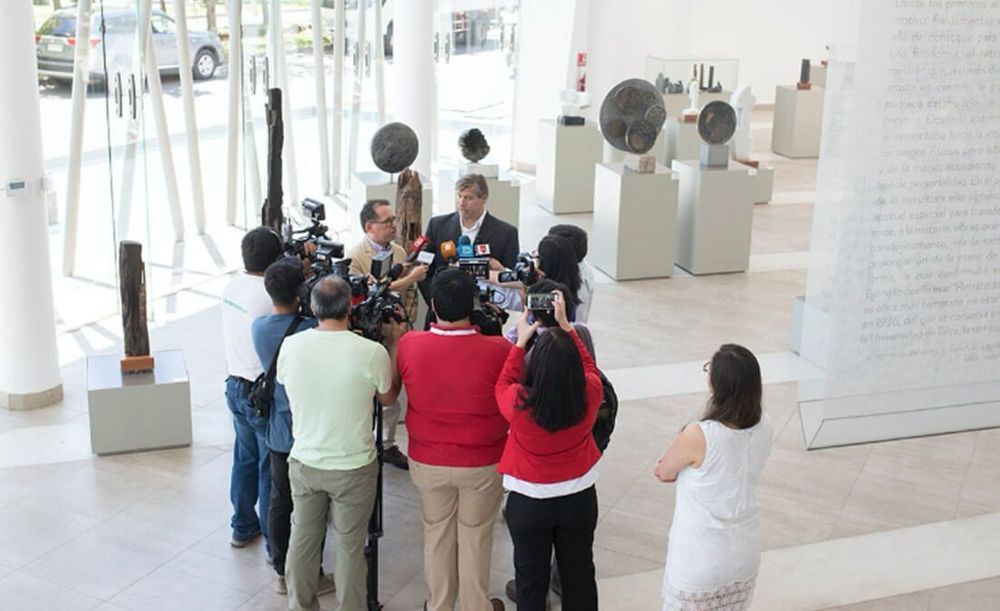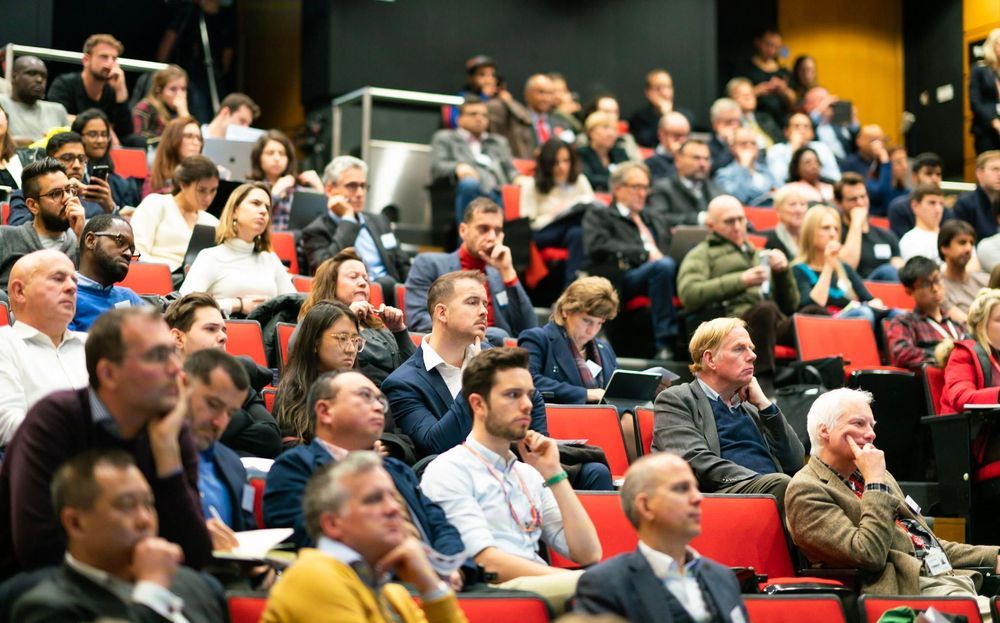Starfleet Begins
Steven L. Kwast is a retired Air Force general and former commander of the Air Education and Training Command at Joint Base San Antonio-Randolph. A graduate of the United States Air Force Academy with a degree in astronautical engineering, he holds a master’s degree in public policy from Harvard’s Kennedy School of Government. He is a past president of the Air Force’s Air University in Montgomery, Alabama, and a former fighter pilot with extensive combat and command experience. He is the author of the study, “Fast Space: Leveraging Ultra Low-Cost Space Access for 21st Century Challenges.”
Beginning in 2010, and coinciding with the opening of Hillsdale College’s Allan P. Kirby, Jr. Center for Constitutional Studies and Citizenship on Capitol Hill, the College has hosted an annual Constitution Day Celebration in Washington, D.C. to commemorate the signing of the U.S. Constitution on September 17, 1787.
The program—which features speeches, debates, and roundtable discussions—explores the continuing relevance of the Founders’ Constitution for American politics today.
Hillsdale College is an independent institution of higher learning founded in 1844 by men and women “grateful to God for the inestimable blessings” resulting from civil and religious liberty and “believing that the diffusion of learning is essential to the perpetuity of these blessings.” It pursues the stated object of the founders: “to furnish all persons who wish, irrespective of nation, color, or sex, a literary, scientific, [and] theological education” outstanding among American colleges “and to combine with this such moral and social instruction as will best develop the minds and improve the hearts of its pupils.” As a nonsectarian Christian institution, Hillsdale College maintains “by precept and example” the immemorial teachings and practices of the Christian faith.








